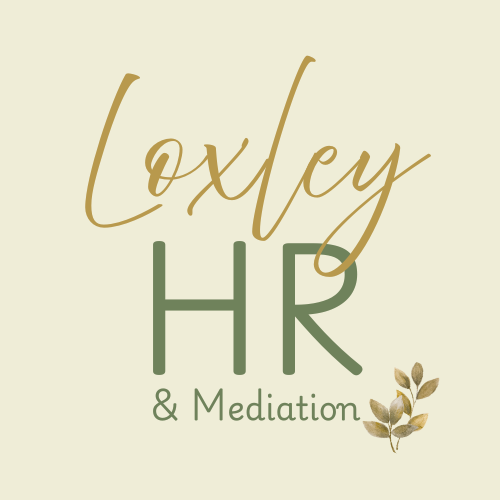
At the weird and wonderful age of 13, I got my first ‘job’. I felt so important. I was helping a family friend with a waitressing role, for functions such as large charity dinner parties. £5 an hour in the year 2000 was BIG. I worked and spent my hard earned cash in Top Shop and Superdrug. It was very easy come, easy go.
I was very good at getting work as a teen. Paper rounds, waitressing and babysitting became the common go – to for cash in hand here and there.
Then the National Insurance card landed. I had no idea what it was and why it was needed one. To be honest, I have memorised the number but have never needed to use a physical card.
One day, I was told about a ‘proper’ waitressing job in a local village pub. The type where you work on a regular basis. I was paid around £3.50 an hour and worked most Friday and Saturday evenings, and Sunday lunches.
Had I a clue about contracts, breaks, being paid and holiday?
No.
Not a single clue.
So ahead of the exciting and uncertain times where you may be looking for and starting your first job, I would like to share some key information with you.
There are some legal requirements in employment. If someone is paying you to do a set job, at a specific place and time, you are most likely considered ‘an employee’.
Employees are:
o Entitled to be paid AT LEAST the National Minimum Wage for your age. This means, employers can not pay you less per hour.
o Required to be provided a ‘written statement of particulars’ on or before your first day of work. This will detail the contract of which you have agreed (such as working hours, pay, location and job role). If they do not, they are breaking the law.
o Entitled to breaks during your working time. This is of course relative to how long you work per shift – but a ‘Young Worker’ someone aged 16 and 18 years old, must rest for at least 30 minutes for every 4.5 hours of work, this does not have to be paid.
o Entitled to take a holiday from work – going away in the summer with your family, put that holiday request in. And guess what – you will still get paid (providing you have worked long enough to accrue it)!
And…if you don’t get on well in your job, don’t like it or it is not right for you – you can leave. Usually, you will be required to give your employer a little bit of a warning beforehand.
The good news is, there are many resources out there to help employees of all ages.
Here are a couple of the key resources for young workers:
